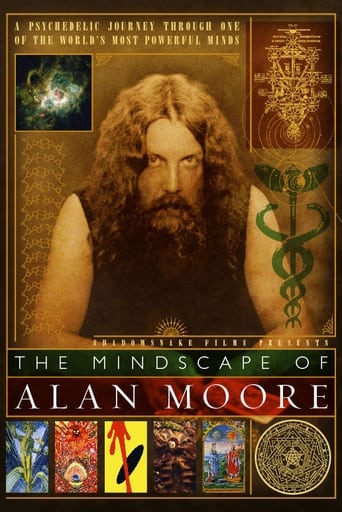


The Mindscape of Alan Moore
The Mindscape of Alan Moore is a psychedelic journey into one of the world's most powerful minds; chronicling the life and work of Alan Moore, author of several acclaimed graphic novels, including "From Hell," "Watchmen" and "V for Vendetta." It is the only feature film production on which Alan Moore has collaborated, with permission to use his work. Alan Moore presents the story of his development as an artist, starting with his childhood and working through to his comics career and impact on that medium, and his emerging interest in magic.
-
- Cast:
- Alan Moore , Florian Fischer


Similar titles

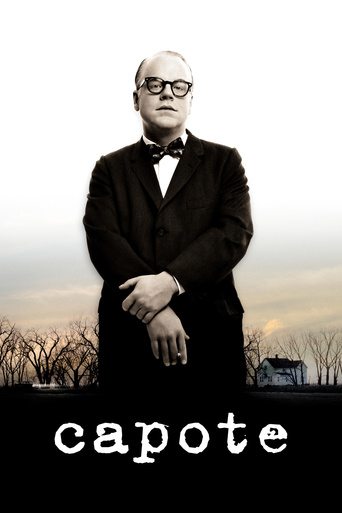
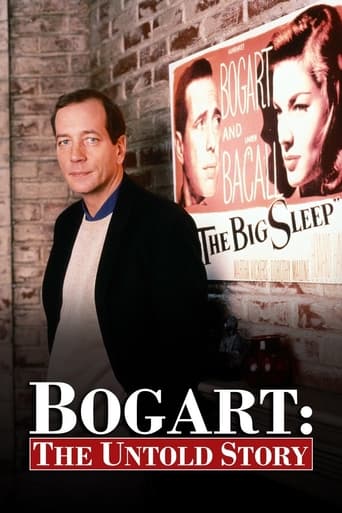
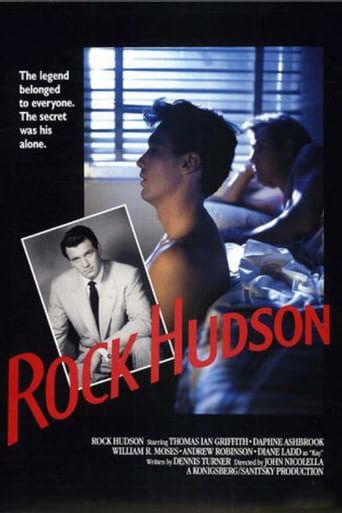


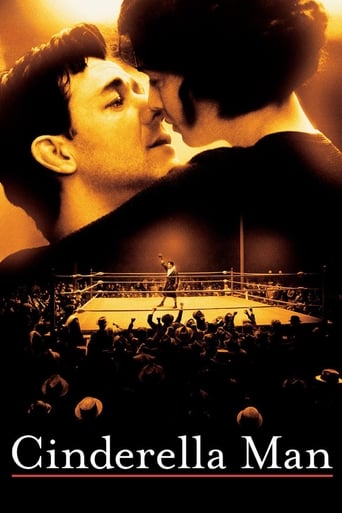
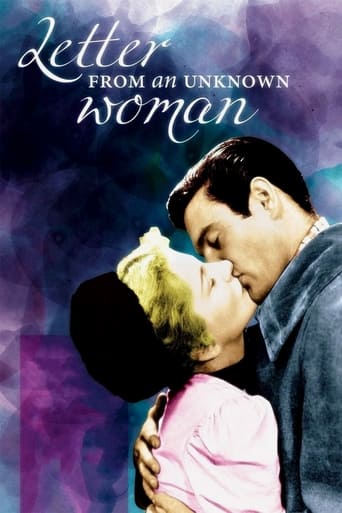


Reviews
What a waste of my time!!!
When a movie has you begging for it to end not even half way through it's pure crap. We've all seen this movie and this characters millions of times, nothing new in it. Don't waste your time.
This is one of the best movies I’ve seen in a very long time. You have to go and see this on the big screen.
It's simply great fun, a winsome film and an occasionally over-the-top luxury fantasy that never flags.
Let it be known, this will probably take more than one viewing to really all sink in. But, as with the majority of Alan Moore's best work (Swamp Thing, Watchmen, V for Vendetta, Killing Joke, LXG) you'll want to revisit it since it is, for lack of a better expression, consciousness-expanding. The documentary here focuses half-and-half in measure. Half the time it's on Moore's early life growing up in real working-class conditions in Northampton (i.e. didn't know what middle-class even was till he was in his teens), and then his odd-jobs that he had to get due to his horrible education reputation, leading up to his career in comics. The other half focuses at first on Moore's dealings in "Magic", which he says can actually be attributable to anything in terms of artistic creation, going back thousands of years, and on consciousness and understanding the world we live in and how we're apart of it, not to mention Gods and worship and even the nature of apocalypse and what "world" even means.It's deep stuff the director is dealing with, and he accompanies Moore's words and monologues (he's the only one on camera so there's nobody to say anything different, adulatory or contradictory or otherwise) with shots and scenes of the working-class conditions Moore grew up in, 'dramatic' recreations of some bits from Watchmen and V For Vendetta (frankly, the films, despite what Moore would tell you, do it better), and just random shots of people walking around and psychedelic things like fractals and mind-bending *extreme* close-up cinematography. It's all very pleasant to look at, though it's Moore who commands the attention from the director, with his very shaggy beard and long hair and eerie rings on every finger making him on the surface to look like he lives in a dark castle eating twigs and berries. In reality, he's probably one of the smartest, or at least most engaging people, you'll come across.Even when one doesn't fully get sucked into what Moore is talking about, it's never less than fascinating. It's about us. What we think and feel. The points he raises about religion- polytheism and the nature of spirituality in the modern world and the dangers of monotheism- are one thing that marks up some awesome food-for-thought. But then there's questions Moore raises about human beings in relation to themselves, self-consciousness, and how some decide to not even acknowledge it or even obliterate it. Furthermore into the realm of physics and time itself. It is quite a lot to take in, especially when one considers that for the first half of the film, more or less, we're mostly in a conventional realm of Moore's work being discussed. But even then that comes back around to his topics of discussion: Lost Girls, especially, on the nature of violence and sex, and conspiracy theorists revealing themselves far more uncomfortable with the actual chaos of the world than they'd ever want to admit.Sure, some of the Shaman stuff is deranged and takes some getting used to understanding or accepting (though it's quite funny to hear Moore talk about "becoming a magician" as opposed to facing a mid-life crisis, which it might well have been). Yet you get your limited bang for buck with this doc/philosophy/career retrospective. It's about ideas, and art, and that the apocalypse may ultimately be crap depending on your point of view. What's not to get excited about?
It's okay, not as good "Crumb", and many other artist documentaries, for the same reason, that it is worth watching at all, that being that the film takes it's information almost completely from Moore's own mouth, in one interview which lasts the entire film. We get no context, explanation, or details which Moore does not provide, and though that's interesting, because he's notoriously private and rarely does interviews anymore, we miss out on a lot of information, not about Alan Moore the writer or Alan Moore the shaman/magician (which as he explains very clearly he feels are pretty much the same thing), but Alan Moore the man.We learn he was expelled from high school (he does not mention for selling LSD on campus), we learn he feels his comics are unfilmable(this same year this film was released he would be sued by Larry Cohen, for allegedly stealing "The League Of Extraordinary Gentlemen" from a script he wrote. And would later swear off "royalties" from any adaptation of his works. Then again how could we?), we learn nothing of his family life(he has two daughters, one is a comics writer herself. He is divorced, after a somewhat long term three-way relationship between him, his wife and his wife's girlfriend, all of whom lived together with their children, went awry.) None of which is mentioned.Moore says instead of having a normal "boring" mid-life crisis decided to "give his friends a fright and surprise by completely mad and declaring himself a magician" (also does not mention he worships a Roman Snake God named Glycon, whom he calls Sweety, and is also quite literally a puppet). It's the odd little bits like these, Moore mentions he's worked for over a decade on the pornographic "Lost Girls" but not that, throughout the course of the book, he became romantically involved with Gebbie(last year they married). How many porns become real life love stories? Anyway those are things I knew going in, which I thought were oddly omitted, and might have made the movie more personable, human, and effective.Moore is, despite, his seclusion, a witty, charming, and remarkably clear speaker. Most of the movie, is Moore discussing his belief and ideas concerning Magic, Human Evolution, Spirituality, and the role of the artist in society.Magic is often called "the art", and Moore takes this literally, Magic Gramoire is a simple way of saying "grammar", and the casting of spells, is simply to "spell", and by manipulating symbols and language(writing) produce a change in consciousness of the audience. Moore feels "advertisers" are the modern keepers of this symbolic magical language, a perversion he feels, which keeps us attached only to materialism and the psychical limitations of our environments.The most interesting part of the film is the end, where Moore talks about "Information Doubling" theory, where according to him sometime around 2015, human information, will be doubling every half second. Where literally every second, humanity as a whole, will be learning more in a single moment, than it has in it's entire history, at which point human culture goes from fluid, to boiling, to steam.Moore comes from North Hampton, which he calls "so inbreed the dogs have the same hair lip as everyone else in the family". We see the cold industrial city built out of the Ruins of a castle, and it's juxtaposed to the brightly colored American comic books, which served as an escape from bleak "material" world Moore found himself in as a boy(though if you were to read his novel "The Voice Of The Fire", he would argue, all of human history can be traced in some way to his hometown). That's the contradiction of Moore in general though, or at leas the one he sees in the world, alternating between magical almost Utopian romanticism and cynical, world weary, fatalism.If you have no idea, who or what an Alan Moore is, it's a good documentary, which explores his ideas and beliefs in detail (if it skirts his personal life), which some very at times moody and others psychedelic cinematography and juxtaposition of images. IMoore is one of my favorite writers, so personally I can enjoy just listening to him talk, but all and all, the film itself, just isn't as good as it's subject.Still I'm glad I watched it, and would recommend to anyone who could find a copy, especially if you like writing or art. A little disappointed with the form here, but non the less, inspired by the content....and more conflicted about wanting to see "The Watchmen" than ever before...
At last someone has made the definitive "Intelligent" comic related documentary :D Just like "La Constellation Jodorowsky" we are treated to a privileged view of one of the most visionary artists of the last 50 years, and just like that film your mind is left ringing with the countless philosophical concepts put forward by the subject. The director is clearly engaged with his subject and manages to conjure many beautiful live action illustrations of Moore's work using prosthetics and special effects. A must for any true comic book fan and all who journey through the chapel perilous on the quest to enlightenment or a tasty sandwich (whichever suits your needs best.)
This man is one of the authors I absolutely admire. His thoughts are complicated, yet quite clear. His comics are full of action and in the same time full of deep underlying messages.However, he is sometimes very ... controversial. In this document, he tries to explain his thought on magic, his thought on the modern, commercial world, and he talks about how he became a comic writer.This document is strong in moments, when there is only Alan speaking and telling his story. But when the author of documentary tries to use his own approach, the film became boring. So yes, we will see Rorschach on the roof - and it is the most boring Rorschach I have seen. The music is also inappropriate and special effects are laughable (yes, there are special effects in interview. don't ask me why.) But the interview with Alan is really worth watching this documentary or buying it on DVD.
